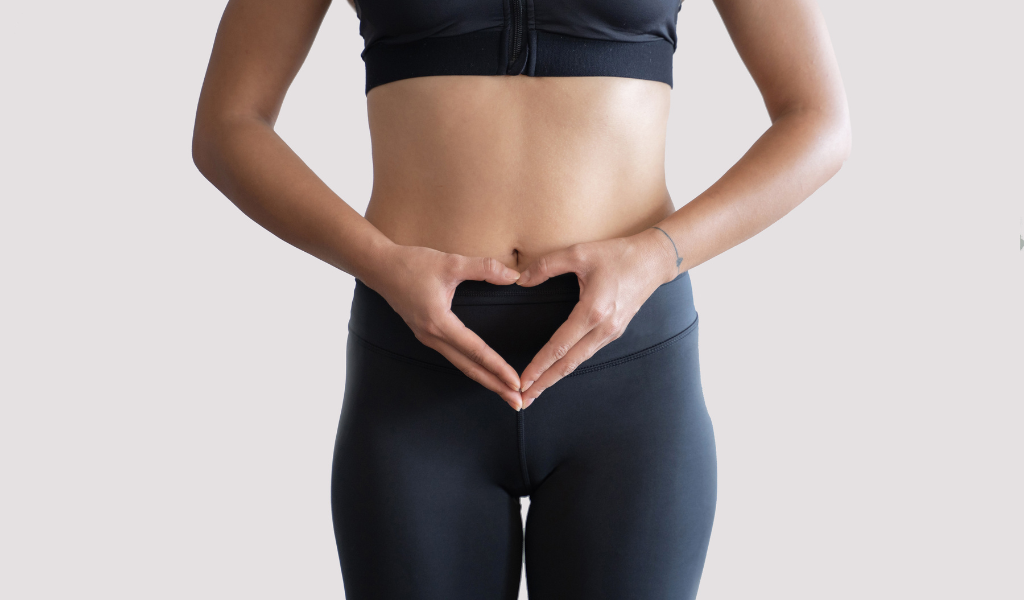Oocyte cryopreservation, more commonly referred to as egg freezing, is a groundbreaking fertility preservation treatment that gives women the ability to safeguard their fertility for the future.
But how exactly does the process work? And why has it become so popular in recent years?
In this blog post, we will look to answer both of these questions and more, teaching you all you need to know about the process, as well as the various benefits egg freezing can offer.
What is egg freezing?
In simple terms, egg freezing refers to the process of extracting a woman’s eggs, freezing them and storing them until she is ready to try and have a baby.
Whether for personal or medical reasons, egg freezing has grown in popularity since the turn of the millennia for one key reason: fertility freedom.
Having the flexibility to preserve your fertility when you are younger and have higher quality eggs can provide you with peace of mind that, when you are ready to try for a baby, you'll have the best eggs available to use.

The egg freezing process: a timeline
The process of freezing your eggs is relatively straightforward, featuring various stages to ensure you receive the best experience and care possible.
Lasting approximately 14 days in total, the process will start with arguably the most important stage: your initial consultation.
Step 1: Initial consultation
Choosing to freeze your eggs is a big decision, so having an initial consultation with a fertility specialist will allow you to address any concerns you are having.
During your consultation, your specialist will ask you various questions about your medical history and lifestyle. They may also conduct certain fertility tests to determine the current state of your reproductive health.
Likely to take place on either the same day or at a follow-up appointment, these tests could include a range of medical checks, including fertility fitness testing, blood tests and other general health check-ups.
If you are deemed a suitable candidate for egg freezing, you will then be given the green light to start the treatment process.
Step 2: Preparing for treatment
Before you start the process of freezing your eggs, your fertility specialist will provide you with advice and information you’ll need to follow in advance.
The specific preparation advice you’re given will depend on your individual circumstances but, generally speaking, will involve taking any medications or supplements they recommend, eating a well-balanced diet, avoiding smoking, reducing your alcohol intake, keeping your stress levels to a minimum and avoiding any strenuous activities.
Preparing for your treatment in this way will help ensure your body and eggs are in the best possible condition during the extraction process.
You will also complete the relevant consent forms at this point.
Step 3: Ovarian stimulation
Now that you've had your initial consultation and have properly prepared for your treatment, it's time for the treatment process to finally begin.
The first step of this process is known as ovarian stimulation. This involves the use and administration of specific fertility medications to help stimulate your ovaries to produce multiple eggs.
The reason for this is to simply provide your fertility specialist with more eggs to retrieve later on. Not all of the eggs they retrieve will be suitable for freezing, so the more they can choose from, the better.
Throughout this process, you will be closely monitored using ultrasounds and hormone-level tests to not only make sure the medications are working effectively but to also check for any side effects.
While certain side effects like bloating and soreness should subside fairly quickly once you stop taking the medication, if you experience any side effects that get worse or cause severe discomfort, you could require immediate support from your specialist.
Step 4: Egg retrieval
Once your eggs have reached an appropriate size and level of maturity, your fertility specialist will arrange an appointment with you to retrieve them using a minimally invasive procedure known as transvaginal ultrasound aspiration.
During this procedure, a thin needle will be inserted through your vaginal wall, before extracting your eggs from your ovaries. This whole process takes approximately 30 minutes and will take place while you're sedated.
Step 5: Egg freezing
After your eggs have been retrieved successfully, they will be immediately sent to the laboratory where they will undergo vitrification — a rapid freezing method used to prevent the formation of ice crystals which can damage the delicate structure of your eggs.
They will then be stored in a specialised type of freezer at either the fertility clinic itself or a dedicated egg bank. These freezers use liquid nitrogen to keep your eggs preserved at -196ºC until you are ready to use them for fertility purposes.
Step 6: Recovery
While your eggs are being safely frozen and secured, you will be moved to the recovery room until your anaesthesia wears off.
Following the procedure, your recovery should be relatively quick, but you will need to avoid strenuous activities for the rest of the day and take enough time off work to give your body a chance to recover properly.
Your fertility specialist may also recommend that you avoid certain activities for at least a week after your procedure, to give your ovaries enough time to return to their normal size. This could include things like using tampons, having a bath, going in a hot bath, swimming or having sex.
Egg freezing risks
As with any type of medical procedure, there are certain risks that you’ll need to be wary of.
Although rare, there can occasionally be complications caused during the egg retrieval process, where the transvaginal ultrasound needle can cause bleeding and potential damage to the bowel or bladder. This can then lead to infection and the need for additional medications.
However, by choosing a reputable clinic, you'll be in safe hands throughout, with any complications discussed with you and dealt with by your fertility specialist. They will also be on hand to address any concerns you are having about the egg freezing process in general, helping put your mind at ease before you get started.
Egg freezing can also take a toll on you both mentally and physically, so it's essential to surround yourself with a strong support network in case you need them.
Using a counselling service, like the one we offer here at IVF Matters, can get you back on your feet much more quickly, and help you come to terms with the procedure.

Who should consider egg freezing?
Deciding whether to freeze your eggs or not comes down to your personal circumstances.
While not all women will need to freeze their eggs, having the option to preserve their fertility can bring that added peace of mind.
If you have certain religious or ethical beliefs about using embryos, for example, or work in a job that could affect your future fertility, freezing your eggs can be a great option to have.
Other candidates that often opt to freeze their eggs include:
- Transgender people who want to preserve their fertility before starting hormone treatment
- Women who want to have children at a later age
- Women who aren’t in a relationship that want to protect their fertility
- Women that are about to undergo medical treatments that could restrict or damage their future fertility
Contact an egg freezing expert
If you're ready to safeguard your fertility and get started with egg freezing or would like to find out some more information about what the process involves, why not get in touch?
Here at IVF Matters, our team are comprised of highly trained fertility specialists who will be able to answer any questions you might have. Simply give us a call on 0333 93 999 51 and we’d be happy to help.
Sources
https://www.ivfmatters.co.uk/pages/egg-freezing





